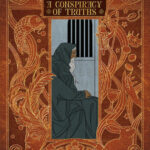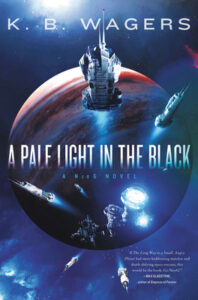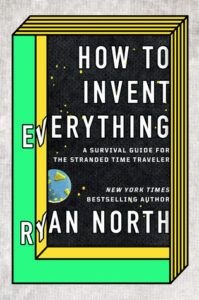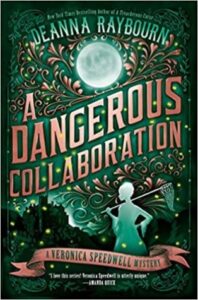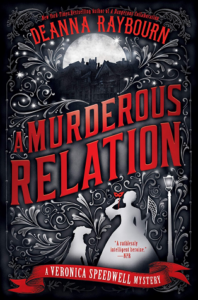This week’s Top Ten Tuesday theme is about books you’ve abandoned… so let’s have a look at my Shelf of Abandoned Books. The thing is, I’m a mood reader, so for one reason and another it’s fairly common for me to end up putting down a book in the middle. Here’s the tour!
- Under Heaven, by Guy Gavriel Kay. Fantasy, set in a sort of China analogue. This is actually a reread and I have no idea why I stalled. I think I just got busy? It’s actually a book I really enjoy, and the opening always sticks with me so much — the idea of the loneliness Tai feels there, lying the ghosts to rest… I don’t even seem to have left a bookmark in! Mystery.
- Heartstone, by Elle Katharine White. Fantasy romance. I definitely just got distracted with this one — it has dragons! It was cool! But then stuff happened.
- Hild, by Nicola Griffith. Historical fiction, about Hild of Whitby. There are things I loved about this — mostly the lush language — but ohhh it’s so slow.
- A Conspiracy of Truths, by Alexandra Rowland. Fantasy, featuring a crotchety old man being cranky and a cinnamon roll who keeps falling in love with pretty boys. I thiiiink I was just pretty depressed and meh about a lot of things, and I wasn’t able to concentrate for long enough to just finish this. Oops. It’s one I’m more or less constantly thinking about picking back up! Even though it must be coming up on a year since I started it.
- The Subversive Stitch, by Rozsika Parker. Non-fiction about embroidery and femininity. I had this from the library stacks (and oh gosh they were suspicious about signing it out to me; I guess I do not look like their idea of someone who can take care of an old book) and ended up just returning it because I was getting through it so slowly. I have my own copy now, but I think I’ll have to restart it. I’ve lost the thread (ha) of the argument.
- The Sparrow, by Mary Doria Russell. Speculative fiction — Jesuits in space, only it’s dead serious. And heartbreaking. This was a reread, and I just couldn’t face what I remembered was coming…
- The Story of Wales, by John Gower. Non-fiction, about the history of Wales. Just kind of lost interest; it’s not the most riveting.
- The Firebird, by Susanna Kearsley. Romance with a touch of fantasy and historical fiction; they’re mindreaders who get on the track of a historical story, trying to figure out what happened. I love Kearsley normally; I think I just wasn’t in the right mood for it.
- Salt, by Mark Kurlansky. Non-fiction. It’s basically the history of salt, and it’s really scatterbrained and kinda meh. Also, someone mentioned that they have doubts about the accuracy of his books, and he doesn’t seem to have much sourcing, and… I’m sceptical now, and will probably DNF this for good.
- Banewreaker, by Jacqueline Carey. Fantasy, another reread: basically a take on What If Sauron Had A Point. It does a really great job, but I seem to have just fallen out of it. I think maybe I picked up something else… oops!
So there you go — now you know how capricious I can be! Do you DNF books? Or shelve them for later? Or are you with a book to the bitter end, no matter what?




